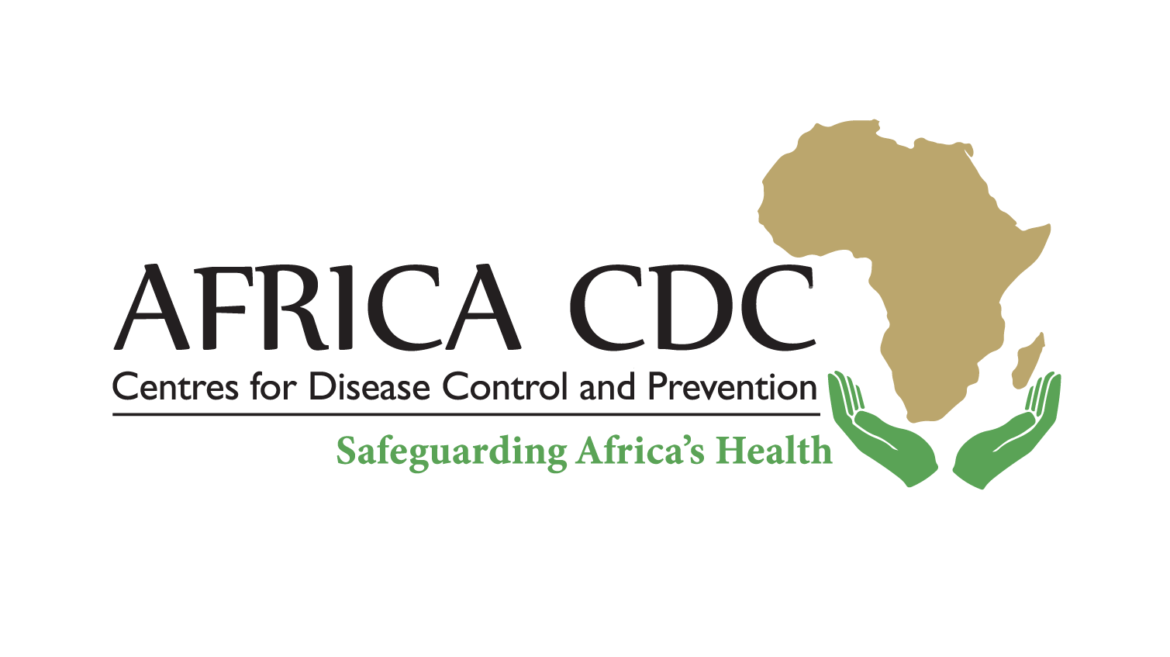By Muhammad Amaan
The Africa Centres for Disease Control and Prevention (Africa CDC) the World Health Organisation (WHO), member states, the UK Health Security Agency, and other development partners have launched a five-year strategic plan for strengthening public health emergency operations centres in Africa and countries in the Eastern Mediterranean region.
The five-year strategic plan for 2023 to 2027 launched on Wednesday night at the ongoing third International Conference on Public Health in Africa in Lusaka, Zambia, is expected to be operational in at least 50 African countries to leap towards enhancing health preparedness and response.
The strategic plan is to guide the implementation of PHEOCs in Member States of the African and Eastern Mediterranean Regions towards meeting the minimum requirements or core capacities of a PHEOC.
The plan will guide nations as they actively work to position PHEOCs as central nerve centres for risk assessment, planning, and sharing of critical resources.
The PHEOC is critical to meeting the requirements of international health regulations by assisting Member States to build and improve their public health emergency management capabilities.
However, it is estimated that $181,837,498 is needed to implement the activities planned for the next five years in both regions.
The budget will cover costs related to renovating the PHEOC facilities, procurement of information and communication technology equipment, salary and daily subsistence allowances for experts, workshop participation, training and simulation exercise programmes, and establishing regional PHEOCs of excellence, among others.
Speaking at the launch of the plan, the WHO Regional Director for Africa, Dr Matshidiso Moeti, said the plan will shape the future of public health in the African region and the Eastern Mediterranean region.
According to her, the devastating impact of disease outbreaks and conflict jeopardises the health of millions of people and poses challenges that threaten their health.
“Together, we are working on the next phase, ensuring a safer, healthier and more resilient future where public health emergencies no longer hold us tightened with fear.
“The plan marks a major milestone in the journey in ensuring health security and prompt response to public health emergencies,” Dr Moeti said.
The WHO regional boss said there is a need to work together and pool resources to ensure the implementation of the plan. “We are writing a new chapter on health security in Africa that will benefit generations to come,” she added.




